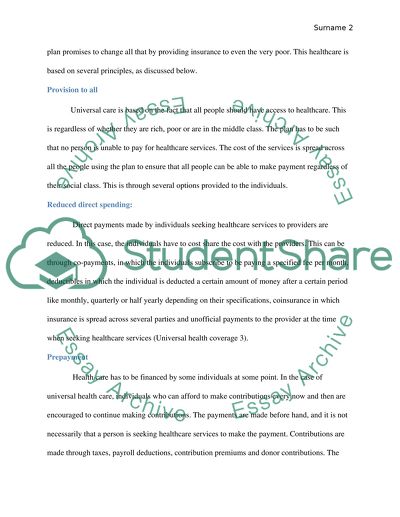Cite this document
(“The Massachusetts experience with universal health coverage Term Paper”, n.d.)
The Massachusetts experience with universal health coverage Term Paper. Retrieved from https://studentshare.org/nursing/1492437-the-massachusetts-experience-with-universal-health
The Massachusetts experience with universal health coverage Term Paper. Retrieved from https://studentshare.org/nursing/1492437-the-massachusetts-experience-with-universal-health
(The Massachusetts Experience With Universal Health Coverage Term Paper)
The Massachusetts Experience With Universal Health Coverage Term Paper. https://studentshare.org/nursing/1492437-the-massachusetts-experience-with-universal-health.
The Massachusetts Experience With Universal Health Coverage Term Paper. https://studentshare.org/nursing/1492437-the-massachusetts-experience-with-universal-health.
“The Massachusetts Experience With Universal Health Coverage Term Paper”, n.d. https://studentshare.org/nursing/1492437-the-massachusetts-experience-with-universal-health.


